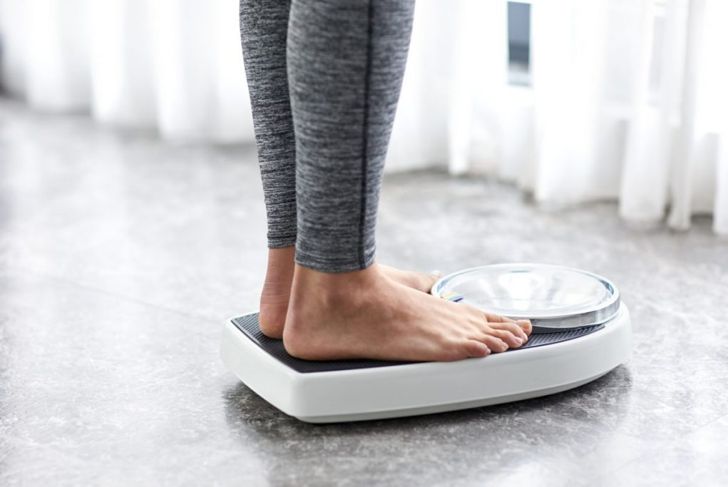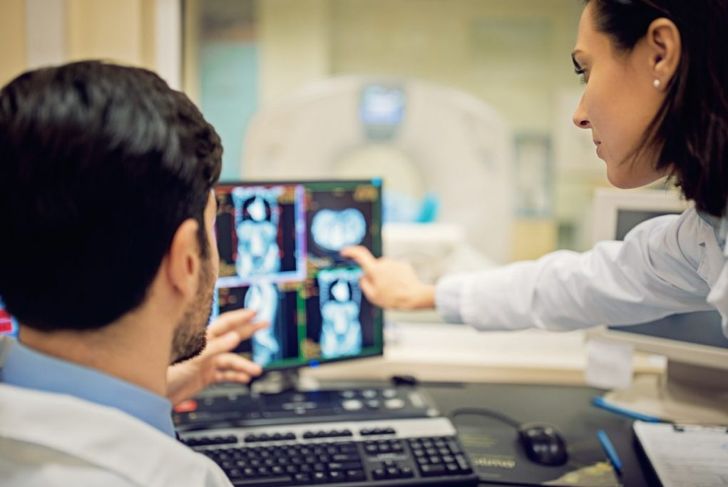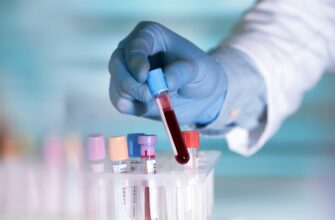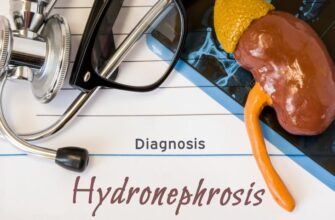It’s not unusual for periods to be irregular in the few years of a young woman’s menstruation or in the years leading up to menopause. But between those times, a regular menstrual cycle is a sign of good health. An average menstrual cycle is 28 days — from the start of one to the start of another — but other time spans can be normal, as long as they fall at regular intervals for that woman. Periods are irregular if the time between the first day keeps changing or they are heavier or lighter than usual. An occasional irregular period is usually nothing to worry about, but when in doubt, it makes sense to talk to a health care provider.
Pregnancy
An irregular period is a common early sign of pregnancy. A woman can still experience menstrual bleeding when she’s pregnant, but it is often a lot lighter than usual. Missing one or more periods completely is also a potential indication of pregnancy. If there’s a chance that a woman experiencing irregular periods could be pregnant, she should take a test to find out if that’s the reason.
Stress
Experiencing high levels of stress can lead to irregular periods. When a person is stressed out or anxious, their body produces the hormone cortisol, which can interfere with ovulation over extended periods. Major life changes, like a job loss, a move, or the death of a loved one can manifest in a light, delayed, or missed period.
Changes in Weight
Losing or gaining weight quickly can disrupt the menstrual cycle and lead to irregular periods. Being overweight or underweight can also cause periods to stop or become irregular. This can be especially concerning for women who are trying to conceive. The culprit is the hormonal changes that result from an excess or absence of body fat.
Medication
Birth control pills with estrogen and progestin can be responsible for irregular periods when a woman first starts taking them and when she goes off of them. It can take as long as six months for periods to become regular after discontinuing birth control. Over-the-counter medications, like ibuprofen and aspirin, can also cause changes in menstrual bleeding,
Uterine Fibroids
Uterine fibroids are tumors, usually noncancerous, that attach to the uterus. Their presence can lead to heavy menstrual bleeding and painful periods. If the bleeding is heavy enough to interfere with daily living or potentially cause anemia, a doctor could recommend removing the fibroids surgically. Large fibroids can be as big as a grapefruit and put problematic pressure on the bladder and other organs.
Polycystic Ovary Syndrome
Polycystic ovary syndrome (PCOS) occurs when the ovaries make large amounts of male hormones that can prevent the release of eggs. As a result, a woman with PCOS can experience irregular periods or complete cessation of menstruation. The exact cause of PCOS is unknown, but its symptoms are treatable with medication.
Cancer
Uterine and cervical cancer can also cause abnormal periods. All women should get screened for cervical cancer starting at age 21. Typically, cancer will present other symptoms, not just unusual menstrual bleeding, but anyone with abnormal, unexplained bleeding should get screened. Symptoms vary widely depending on the type of cancer.
Tracking Periods
Life can get so busy that women lose track of their cycles. A simple paper-based calendar can be used for marking the start and end date of each period to stay aware of any irregularities. These days, there is an abundance of smartphone apps that make it easy to track and review the menstrual cycle and any accompanying symptoms.
When to See a Doctor
A woman should consult with a health care professional if her periods last longer than seven days or are accompanied by severe pain. Skipped periods, extremely heavy bleeding or nausea, and fever during menstruation are other signs that merit a visit to the doctor. Methods for diagnosing the cause of irregular periods vary widely and could include a pelvic exam, blood tests, and imaging.
Treatment for Irregular Periods
Since there are many causes for an irregular period, there is no single treatment for it. When pregnancy is ruled out as a cause, doctors may suggest treatment options such as reducing stress and maintaining a healthy weight. Medications, hormone therapy, and surgery can also treat the causes of abnormal menstruation.

 Home
Home Health
Health Diet & Nutrition
Diet & Nutrition Living Well
Living Well More
More




















